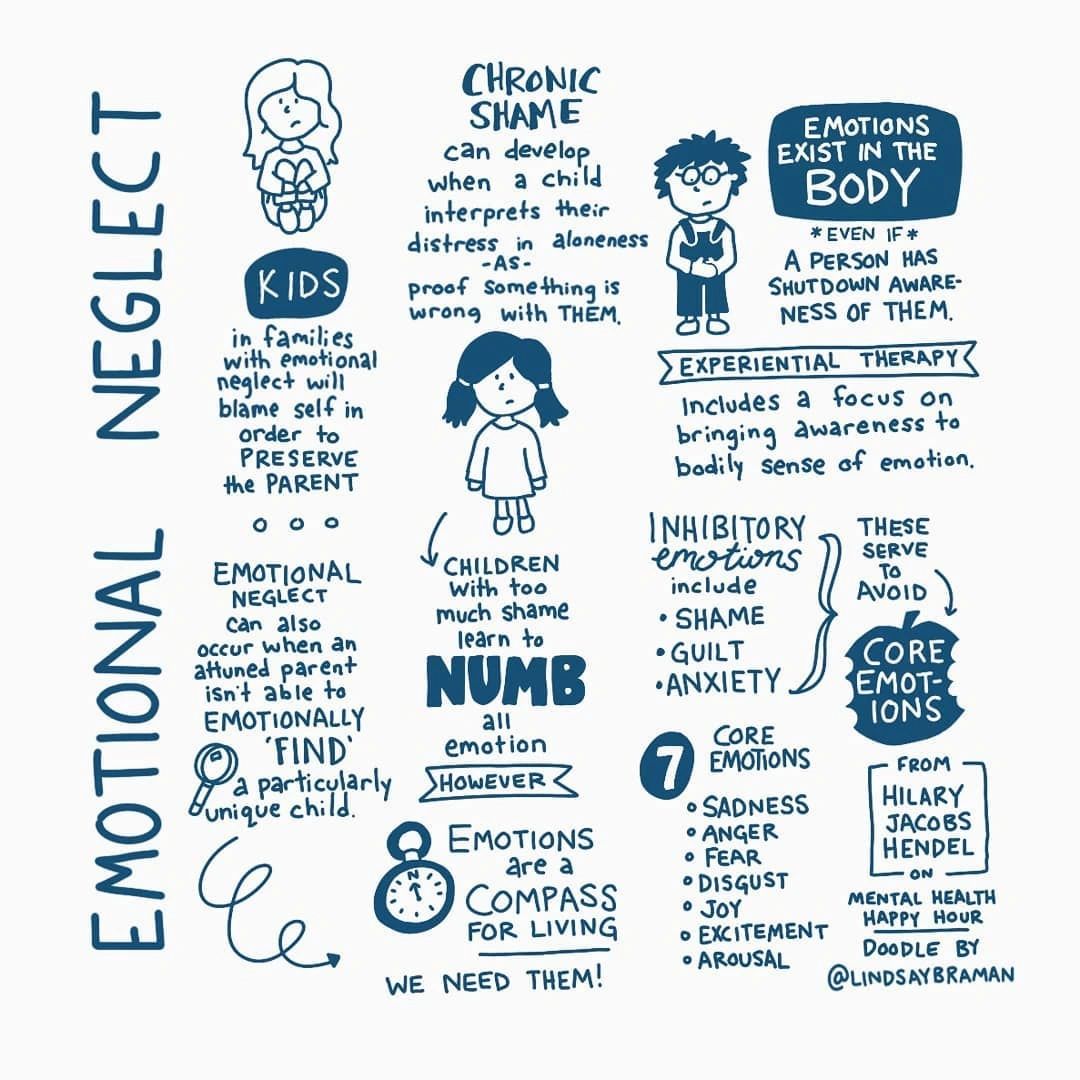 Childhood Emotional Neglect: How It Can Impact You Now and Later
Childhood Emotional Neglect: How It Can Impact You Now and LaterSingaporeMental HealthPersonality Personal GrowthRelations Family LifeNeed help? Recently diagnosed? Talk to someoneCurrent So you're not a "10" anyway. But you're probably quite spectacular somehow, and definitely good enough in most areas of life. If there ever was a time to stop beating yourself up as a human being, it is now. Recent newsEsencial ReadsTrending Topics in SingaporeSearch for advice Get helpMiembrosSingapore Get help Mental health Personal growthRelations Family lifeNeed help? Recently diagnosed? Talk to someoneMagazine So you're not a "10" anyway. But you're probably quite spectacular somehow, and definitely good enough in most areas of life. If there ever was a time to stop beating yourself up as a human being, it is now. TodayNewsEssential ReadsTrending Thematics in Singapore Verified by Psychology TodayAndre Only4 Ways to Start Recovering from Emotional Infant Leave Childhood emotional abandonment can have an outstanding effect on HSPs. Posted Nov 29, 2018 BASICSIf you are a , there is a good opportunity for you to experience emotions in a very strong way, so that your emotions can flood you. Highly sensitive people (HSPs) are born with a process and "feel" things much deeper than average people. Most HSPs are aware of their own feelings and feelings of others, which can be a powerful gift. But what happens when you grow up in a family that doesn't value this trait at all? That could mean: Suddenly, this is not weird. A growing body of research suggests that many healthy families otherwise raise their children with emotional neglect — a failure of value or response to emotions. This can create unhealthy results for any child, but especially for highly sensitive children. What does it mean to be emotionally abandoned? According to a psychologist, emotional abandonment occurs when a parent does not respond to the emotional needs of a child. It may sound like nothing, and often it doesn't seem anything, has written Webb, but in reality it can have such a big impact on a child as abuse, although it is not noticeable or memorable as abuse is. Often, this lack of emotional response does not seem unhealthy at all; parents can take care of the child in general. But something invisible is missing: The father does not validate his son's feelings or respond to his son's emotional needs. And that has consequences. Webb says emotionally careless children can end up feeling deeply alone. As children, they feel that their needs are not important, as their feelings do not matter, or as they should never ask for help because they are perceived as a sign of weakness. When they grow up, childhood emotional abandonment can remain as unnecessary, self-, low, or a sense of being deeply defective. But that's true of anyone who grew up with emotional neglect. What if you're an HSP? If your biology has made you feel very attentive to emotion, what makes you emotionally abandoned? How Emotional Neglect Affects a high-sensitivity ChildWebb emphasizes that you can't make a highly sensitive child with an emotional upbringing, and in the same way, you can't make someone less sensitive through emotional abandonment. High sensitivity, by definition, is a genetic trait; or you are born with it, or you are not. So emotional abandonment doesn't change if a child is an HSP. But according to Webb, it affects HSPs very different from other children. That's because emotions are, in many ways, the first language of an HSP. And an emotionally careless family basically doesn't speak that language. While parents certainly have their own emotions, they avoid expressing them out or recognizing the emotions of others. It is as if they were completely themselves from the most important part of their HSP's inner life. At best, growing as HSP in an emotionally careless home is like being a musician in a music-free world. In other cases, it's much worse — it's the equivalent of having parents who actively tell you that your music is bad. As Webb writes, "Imagine to be a deeply reflective and intensely felt child that grows in a family that is none. Imagine that your intense feelings are ignored or discouraged. Imagine that your thought is seen as a weakness. Of course, many HSPs don't have to imagine that at all; it's often how they grew up. And that kind of emotional negligence sends HSP children a message: Your greatest strength is not valued here. 9 Ways of Emotional Childhood Develops highly sensitive people Everyone is affected by their childhood environment, whether good or bad, but for very sensitive people, this effect is amplified. Research suggests that the HSPs. Therefore, it is reasonable to expect that the emotional abandonment of childhood has a widespread effect on sensitive children. Although not all HSP children dealing with emotional neglect will face all the following situations, some results may include:1. His high sensitivity becomes a joke, even with his parents. Comments that a child is "too sensitive" or "a dreamer" can be well intentioned, but inevitably they are found as a negative judgment.2. Brothers can choose from HSP. Brothers and sisters often suffer emotional negligence as well, but they can more naturally take the "contained" message than their HSP. And that makes it easy for them to settle higher in the pecking order.3. They think there's something wrong with them. There is no limit to how many times I will say: . But it is impossible to internalize that if you are told over and over again that you are the stranger out. Instead, you internalize that your emotions are not "correct" and do not matter.4. They have confidence problems. Given the above, it is no surprise that a sensitive child will begin to doubt and undervalue. But emotionally neglected parents often see this as a weak point, too, and they push the child to be more confident — never validating the strengths and feelings of the child.5. They have problems facing criticism. Highly sensitive people in general, and criticism is always difficult for a child. But for a HSP child, emotional abandonment means they never see feedback in a healthy way. And, of course, they cannot develop healthy ways to deal with criticism if they never see it modeled at home.6. They experience overwhelming, accidents or panic. All HSPs can become and sometimes. But healthy HSPs learn to handle this through self-care. They often need a quiet and safe place to retire. For highly sensitive children, that is only possible if parents or parents are understanding this need, and emotionally careless parents are not. Instead, they often see the child as "overreact." They can even get angry with the child. This can overwhelm a source of panic and the child.7. They can feel deep. When your emotional needs don't matter, and no one seems to understand you, you quickly become isolated and you can feel alone in the world.8. They may feel unable to ask for help. Any child who suffers from emotional neglect learns that he should not ask for help, because he will not be given, or because he seems "wet." This is especially harmful to HSP children because they need to learn at .9. They can feel. All these factors can be combined to leave a child with continued anxiety, fed by the fear that they are always doing "wrong" things.4 Steps to recover from childhood emotional neglectEmotional abandonment of childhood (CEN) does not go away when you grow up. Adults take him with them in their lives, and affect everything — their relationships, their , and their mental well-being. But emotional neglect is something you can recover. Here are four strategies to help:1. Know and accept. Understanding your high sensitivity is an important step in accepting your needs as normal and valid. And learning about "emotional style" CEN can help you identify — and change — patterns that are not even conscious. A good starting point is Webb .2. Accept that your feelings, needs and desires matter as much as any other. This can mean making more of the conversation in one, voting your needs clearly to others, or drawing limits.3. Start expressing your needs. People who recover from CEN usually keep their emotions hidden or even feel "numb" because their emotions are walled. Like HSP, that can mean that you only express your needs when you are completely overwhelmed (or withdraw and never express them at all). But the time to express your feelings is in normal and daily interactions. "When you start to treat yourself as if you care," Webb wrote, "people in your life start seeing you differently and answering you differently. They start seeing your emotions, your needs. And they begin to respond to what they can finally see. "4. Practice auto-soothing. Self-soothing is something that most people learn to do as children when they are suffocated by adults who love them. If you grew up with emotional negligence, you probably never learned this skill — but it's not hard to learn now. You can find a guide. And, of course, many people will benefit from talking to a therapist about their childhood emotional neglect. A was originally published in , my community and blog for highly sensitive people. The technique of Dr. Focusing's book. Eugene Gendlin was absolutely, unquestionably the most important discovery of my life in dealing with being highly sensitive. Take two to the tango. Yes - expressing and giving voice to one's needs is the right advice, but you have to keep in mind that that does not automatically guarantee that the answer of others will be better or even different. Others have their own interests, needs, personal agendas, personal issues, etc., and one of them is often not to admit wrong to do on their part under any circumstances. Therefore, the answer could be folded into family behaviors and undesirable, rather than "responsing to you differently." So use the "I" statements. I'm sorry about this. I need this. I like this. I don't like that, etc. You can avoid the scenario you describe by placing the focus on you, expressing your own needs instead of pointing out defects or lack or incapacity in another person to meet your needs. Also, choose new people. Choose the people who listen, who care. Then go back to your family and show them how new you want and ask what you want, what you need without telling them what faults you're dealing with. This sums up quite how my narcissistic mother raised me and still treats me until today, I never really care as a unique person with my own feelings, but rather an extension of it, with the main purpose of making her happy. The only times I could express was through the furious bursts, after being frustrated by my feelings not being heard, understood or validated. These robberies came because my mother never helped me learn to auto-sooth. In fact, my feelings or beliefs were often ridiculed in a very cruel way. They told me, "You're unbearable," "you're a child, what do you know?" when I expressed myself, often called crazy, a demon, or laughed and mocked my angry face when she saw that I was upset with her, even if there were tears in my eyes. I have older brothers who managed to tolerate her well. Until this day, when I try to trust them how much it continues to hurt me by not respecting my needs as an individual, I get fired and basically they tell me to take care of it. This article really helps explain the trauma I've suffered as a child I've been carrying with me until today. Not everything has been in my head and my feelings are not bad. Yes, I can be an HSP that grew up in an environment that wasn't healthy for me to cope with the weaknesses of my sensitivity and strengthen the best qualities of being an HSP. The best thing I can do for myself now is the steps you provided in this article, as well as distance myself from unsustainable people and gravitate to people who appreciate me and my full potential. Thank you. Thank you. Andre Just thank you for writing this article. The psychological and sometimes physical abuses my father awoke were so visible and obvious that he became the scapegoat for all the negative in our childhood. He was a difficult man, his presence wrapped me up. He was controlling and often angry because he was passionate, obviously he had feelings and sometimes that meant that he understood them in me. While my mother, the level and practice of the family was the one who neglected us emotionally and only attended those things in fact, practical things to the exclusion of any kind of emotional nakedness. She was hypercritical (nit picky) and also very good to rule out and ignore any kind of expression of emotion while keeping her feelings in control, was repressed, never a passionate person anyway. He doubted me having depression in my last teenagers even after my father said he thought it was probably the case. I could go on, but I won't. What you say is true and it is better to focus on self-care and healing. I could have written this myself, thank you for publishing it. Thank you for publishing this valuable article. I can totally relate to that and it helps me understand what I spent in my family and why I fought so hard. Review of the articleRead NextChildren's development How to handle the highly sensitive Get the help you need from a therapist near you – a FREE Psychology Service Today. Cities:Recent Issues
Understanding the Children's Emotional Neglect for Silence Oct 30, 2020 Silence, , , , , Silence As a child, how did adults react around you when you expressed your feelings? Have you grown up getting that subtle message to cut your emotions so they won't improve you, or become the burden of anyone else? The Children's Emotional Neglect (CEN) is a topic often overlooked, and many do not realize that it may eventually manifest itself in mood disorders or anxiety disorders if not treated properly. The Emotional Child Neglect occurs when our caregivers or father figures do not respond to our affective needs properly during critical stages in our development. An individual who grows by experiencing emotional negligence may experience a pattern that his emotions are ignored, invalidated or minimized by others. While many of us can ask: "What kind of parent does not pay attention to the emotional needs of a child?" Actually, some parents can't realize they've been emotionally closing their children. In Asian societies in particular, some parents are commonly labeled as "authoritarians" or "old parents". In fact, these people can be perceived giving their child the best absolute, applying strict discipline and ensuring that their children are well equipped with the best skills to succeed in life. However, young children and adolescents may instead be overwhelmed by such demands, and feel as if their feelings were never considered or understood. As we mention its prevalence in Asian societies, it is key to point out that it is not simply limited to these children – many of the world experience it as well, making it an exceptionally important topic. With emotional abandonment being a common feature in the childhood of many, it can become an undesirable shadow that follows us throughout our lives, eventually leading to undermining the happiness and lack of an authentic sense of self. Developing matter by hand, the Children's Emotional Neglect (CEN) can come in two ways: Active and passive CEN. CEN active is when parents or caregivers actively act in a way that dismisses or denies the emotions of the child. For example, a child is sent to his room for crying for the death of his pet fish, and his parents complain about having a child too dramatic. When the child is being denied his sadness and receives the message that his behavior is unreasonable, this forces the child to grow by hiding his feelings, and sometimes fighting with the fear and shame of his own emotions. On the other hand, passive CEN occurs when parents show a lack of attention or validation regarding the emotional needs of the child. When parents do not realize when the child is angry, angry, hurt or anxious, this gives the child a subliminal message that their feelings are irrelevant or not worth noting. In any case, both forms of CEN are clearly detrimental to one's mental health. Although you do not have a test or questionnaire that can help with a diagnosis for CEN, there are certain CEN "symptomas" that may arise, either in the later parts of the teenage years or adulthood. For one, individuals who have experienced CEN can find it difficult to prioritize their desires and needs, even if it is something that would bring them great joy. It is innate for us to have desires and be aware of what we want and need. However, for someone who grows up having their feelings overwhelmed and rejected, it could become something natural for him to keep his wishes to himself. As such, even if opportunities are approaching, these people would often fall through the cracks, probably because of their inability to request it in advance, or allowing others to take advantage of it. CEN also causes one to start projecting any inner feeling, regardless of whether they are negative or positive. People who have experienced CEN are especially predisposed to make anger within, as they never learn how to be comfortable with their emotions, or how to manage them in a healthy way. It is often said that nothing good comes from bottled feelings, and that is absolutely true. Having pent-up feelings also means that these individuals are not likely to seek help or rely on their support systems when things get tough, making them feel more isolated and vulnerable. Even at times when they are deeply challenged by certain events of life, they are trying to cope with everyone on their own, leading to levels of unhealthy stress and anxiety. Without surprise, the constant feelings of shame and inability to get in touch with one's emotions will eventually lead to a lost vision of their strengths as well. As a result, bad self-esteem is sometimes a consequence of CEN. While many individuals, including adults, do not recognize the impact of childhood emotional neglect on their lives due to their subtle nature, it is important that they return to the track – to recover true happiness and greater self-esteem. You may have grown devoid of your own emotions, but you have to recognize that facing them with your head will eventually help you to face the events of life and recover your sense of yourself. Learn to start contacting and hugging what you feel – both good and bad. Identifying what you feel in certain situations will be a good step to help you face your environment and your daily life. When the challenges seem overwhelming, don't be afraid or embarrassed to reach your friends and family to help either. Even more, although not everyone who grows with emotional abandon ends up with mood disorders like or, there are certainly people who do. References: (Accessed 07/10) (Accessed 07/10) Send a comment Your email address will not be published. Required fields are marked *Comment document.getElementById("comment").setAttribute( "id", "a7a39dc3c604556a2cf80f3ff1ee76bf"); document.getElementById("a6b77d8fc2").set Attribute( "id", "comment" );Name Email Our ServicesOportunitiesTag CloudAbout UsPromises Healthcare was founded in 2011 by Dr. Munidasa Winslow, internationally recognized as an expert in the field of addictions. Together with a diverse, multidisciplinary and experienced psychiatrist team, psychologists, therapists and a family doctor, Promises Healthcare is one of Singapore's preferred service providers for mental health addiction and treatment and recovery. Our ServicesOur Privacy PolicyAccede to TouchAddress: #09-22/23, Novena Medical Center, 10 Sinaran Drive, Singapore 307506 Function Hours: Mon to Fri: 9am – 6pm Sat: 9am – 3pm (only Clinical Services)Telephone: Fax: +65 6397 7301 Email addressClinic: Please use the one to contact the clinic Races: Media/marking: EAP/Training:

Childhood Emotional Neglect - 4 Signs & 5 Tips How to Overcome it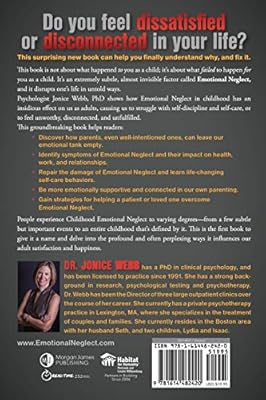
Running on Empty: Overcome Your Childhood Emotional Neglect: Webb, Jonice, Musello, Christine: Amazon.sg: Books
Childhood Emotional Neglect
Introduction To Childhood Emotional Neglect Treatment | Core Wellness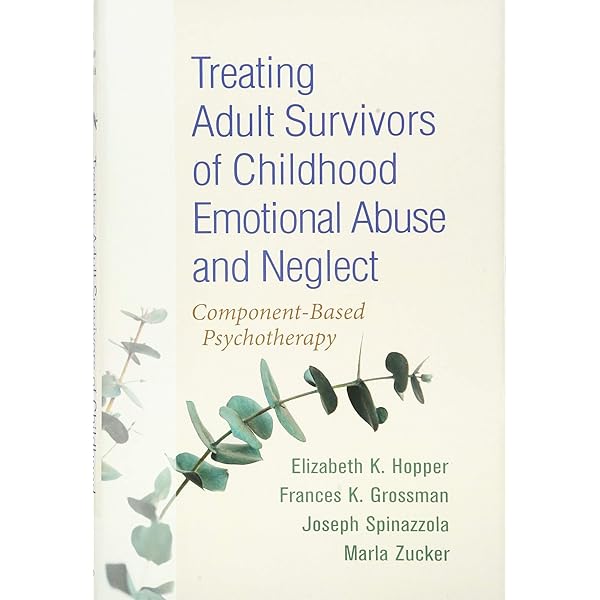
Treating Adult Survivors of Childhood Emotional Abuse and Neglect: Component-Based Psychotherapy: 9781462537297: Medicine & Health Science Books @ Amazon.com
Blog Therapy, Therapy, Therapy Blog, Blogging Therapy, Therapy,..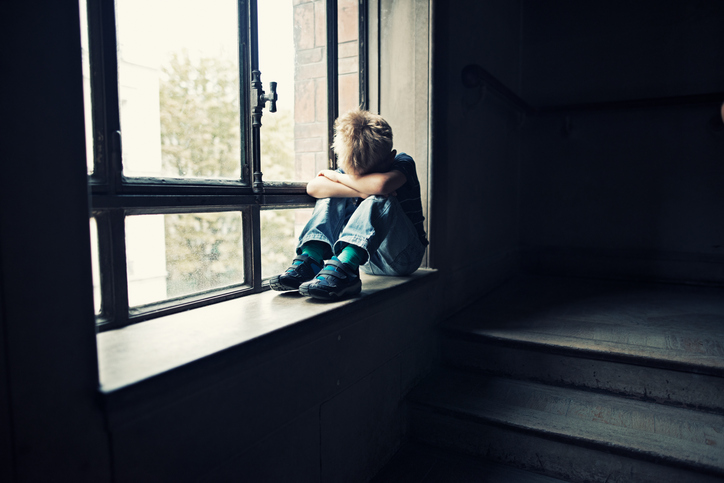
Blog Therapy, Therapy, Therapy Blog, Blogging Therapy, Therapy,..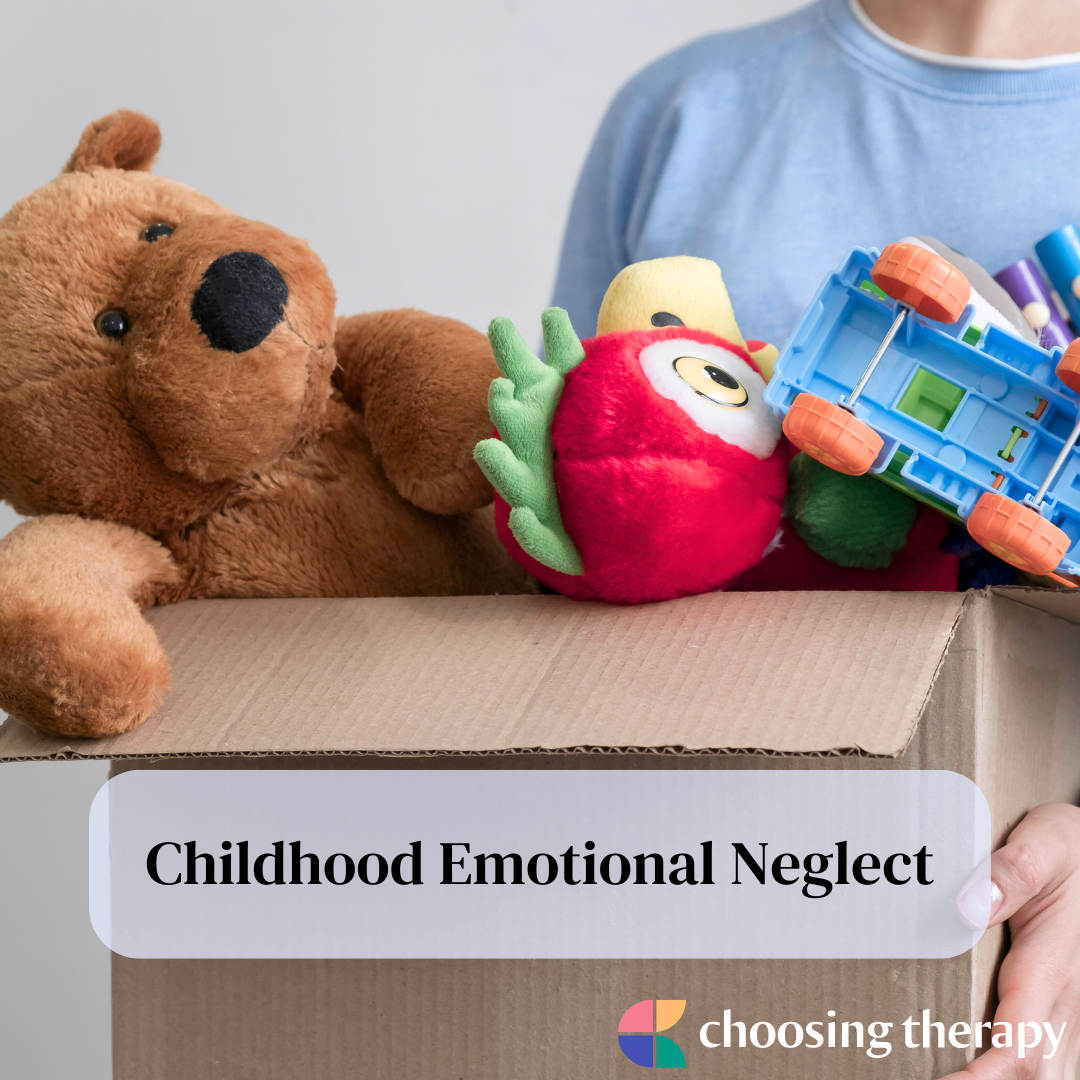
Childhood Emotional Neglect: Signs, Lasting Effects, & Treatments
How I Overcame Childhood Emotional Neglect & Learned to Meet My Needs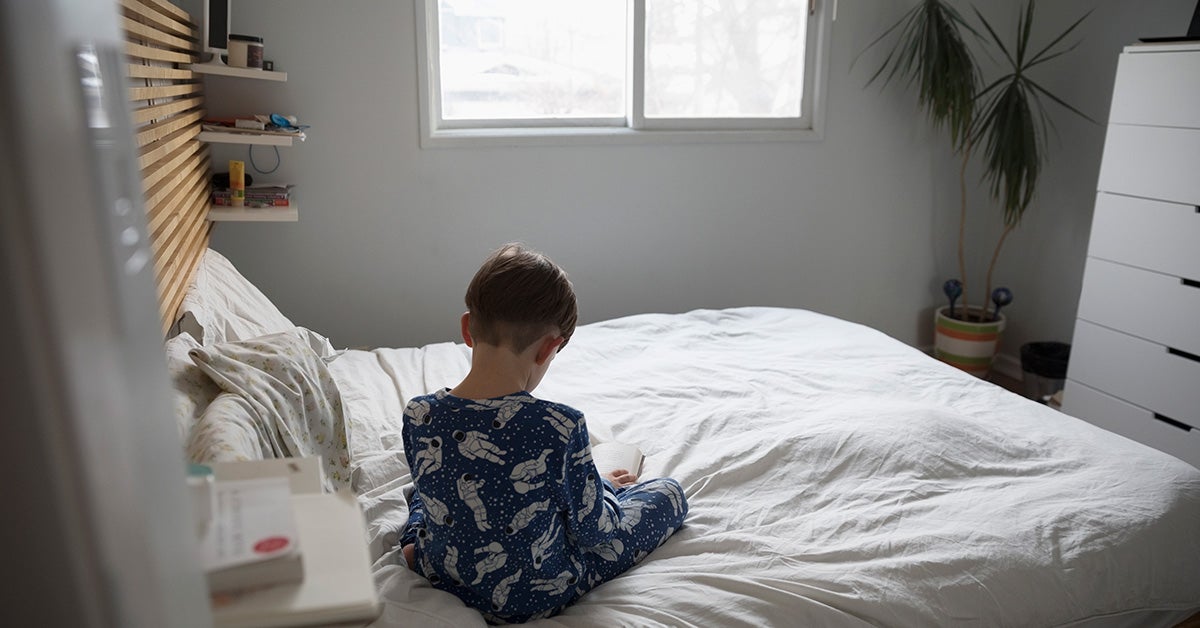
Childhood Emotional Neglect: What It Is, and How It Can Affect You
The Lifelong Effects Of Childhood Emotional Neglect
How to overcome Childhood Emotional Neglect | Kati Morton - YouTube
Running on Empty: Overcome Your Childhood Emotional Neglect by Jonice Webb
Talk: Self-Affirmation in the Treatment of Childhood Emotional Neglect (CNE) | The School of Positive Psychology
7 Ways To Overcome Childhood Emotional Neglect - YouTube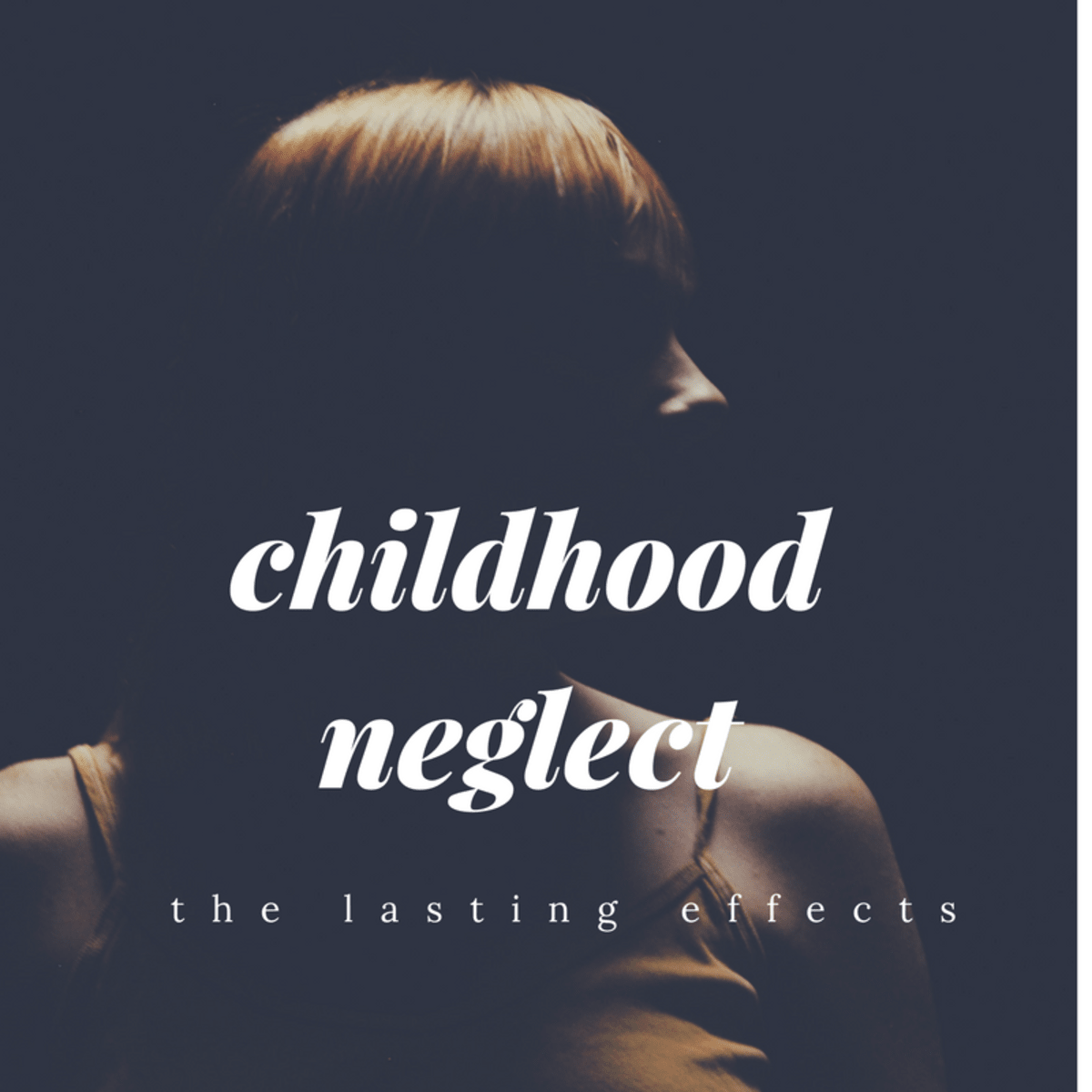
The Long-Term Effects of Childhood Emotional Neglect - WeHaveKids - Family
Childhood Emotional Neglect Book: Signs Of Childhood Emotional Neglect And Ways To Heal It: Overcome Childhood Emotional Neglect by Francine Lauren
The Emotionally Absent Mother, Updated and Expanded Second Edition: How to Recognize and Heal the Invisible Effects of Childhood Emotional Neglect: Cori, Jasmin Lee: 9781615193820: Books - Amazon.ca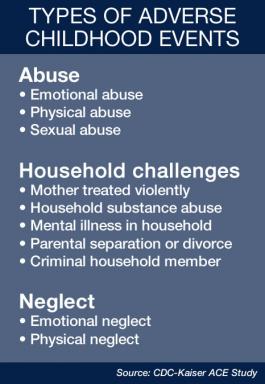
Undoing the harm of childhood trauma and adversity | UCSF Department of Psychiatry and Behavioral Sciences
Running on Empty: Overcome Your Childhood Emotional Neglect by Jonice Webb
Emotional Neglect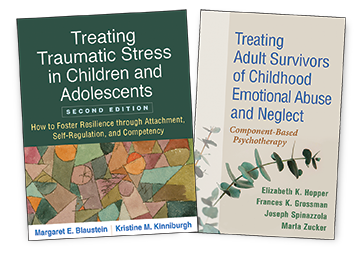
Treating Adult Survivors of Childhood Emotional Abuse and Neglect: Component-Based Psychotherapy
Childhood Emotional Neglect (CEN) — Thrive Therapy & Counseling / 916-287-3430
Stopping the Cycle of Child Emotional Neglect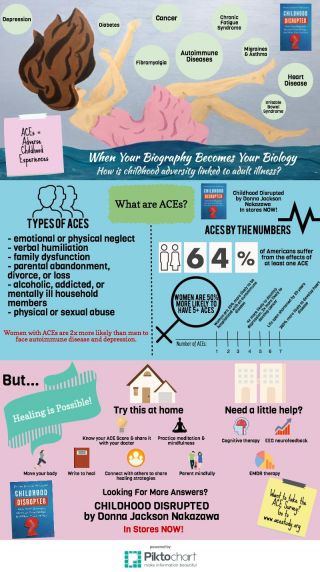
8 Ways People Recover From Post Childhood Adversity Syndrome | Psychology Today
9 Signs of Childhood Emotional Neglect, and 3 Ways to Heal | Psychology Today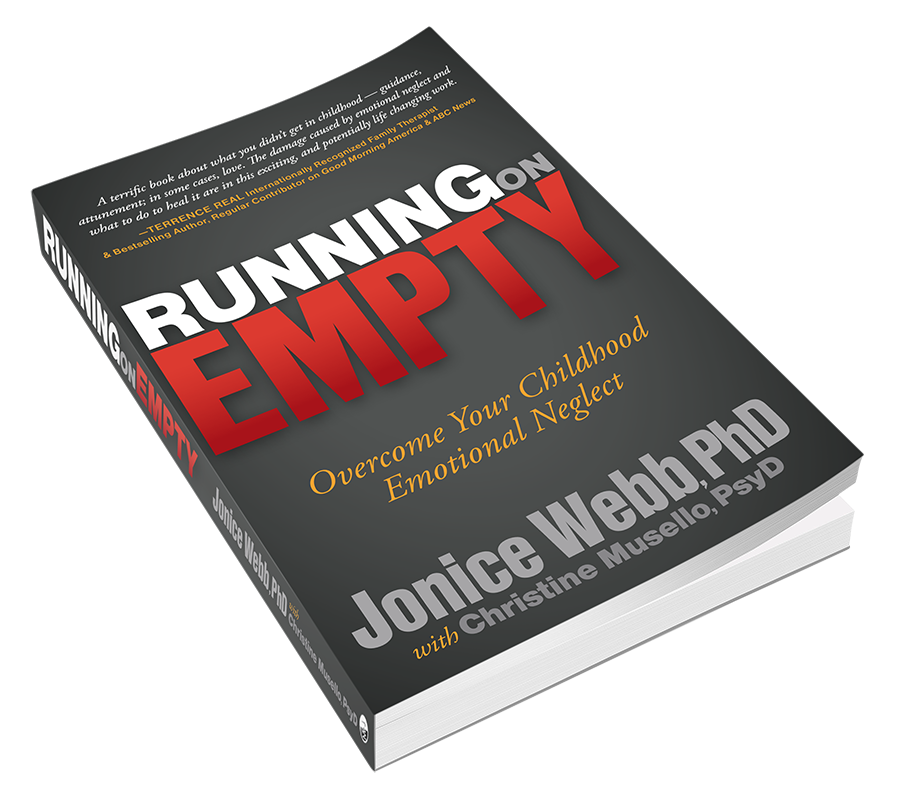
Running On Empty By Dr. Jonice Webb | Dr. Jonice Webb
Take The ACE Quiz — And Learn What It Does And Doesn't Mean : Shots - Health News : NPR
Childhood Emotional Neglect: What It Is, and How It Can Affect You
Childhood emotional neglect and its impact on adulthood | Morency Therapy
The 3 Most Tragic Childhood Emotional Neglect Symptoms In Adults | Dr. Jonice Webb
10 Strategies For Coping With Childhood Emotional Neglect | Dr. Jonice Webb
Childhood Emotional Neglect
The Hollower: Childhood Emotional Neglect and Its Effects | The Meadows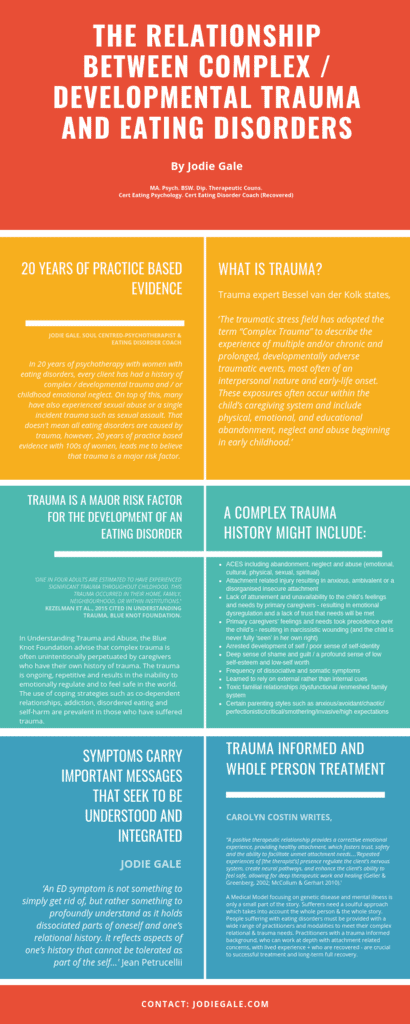
Trauma and Eating Disorders Treatment Infographic
Childhood Trauma and Adult-Onset Pain
Stopping the Cycle of Child Emotional Neglect
Episode 62: After Childhood Emotional Neglect: Healing Your Relationships with Your Partner,... - YouTube
Pin on mental health
4 Ways to Begin to Recover from Childhood Emotional Neglect | Psychology Today
 Childhood Emotional Neglect: How It Can Impact You Now and Later
Childhood Emotional Neglect: How It Can Impact You Now and Later






































Posting Komentar untuk "childhood emotional neglect treatment"